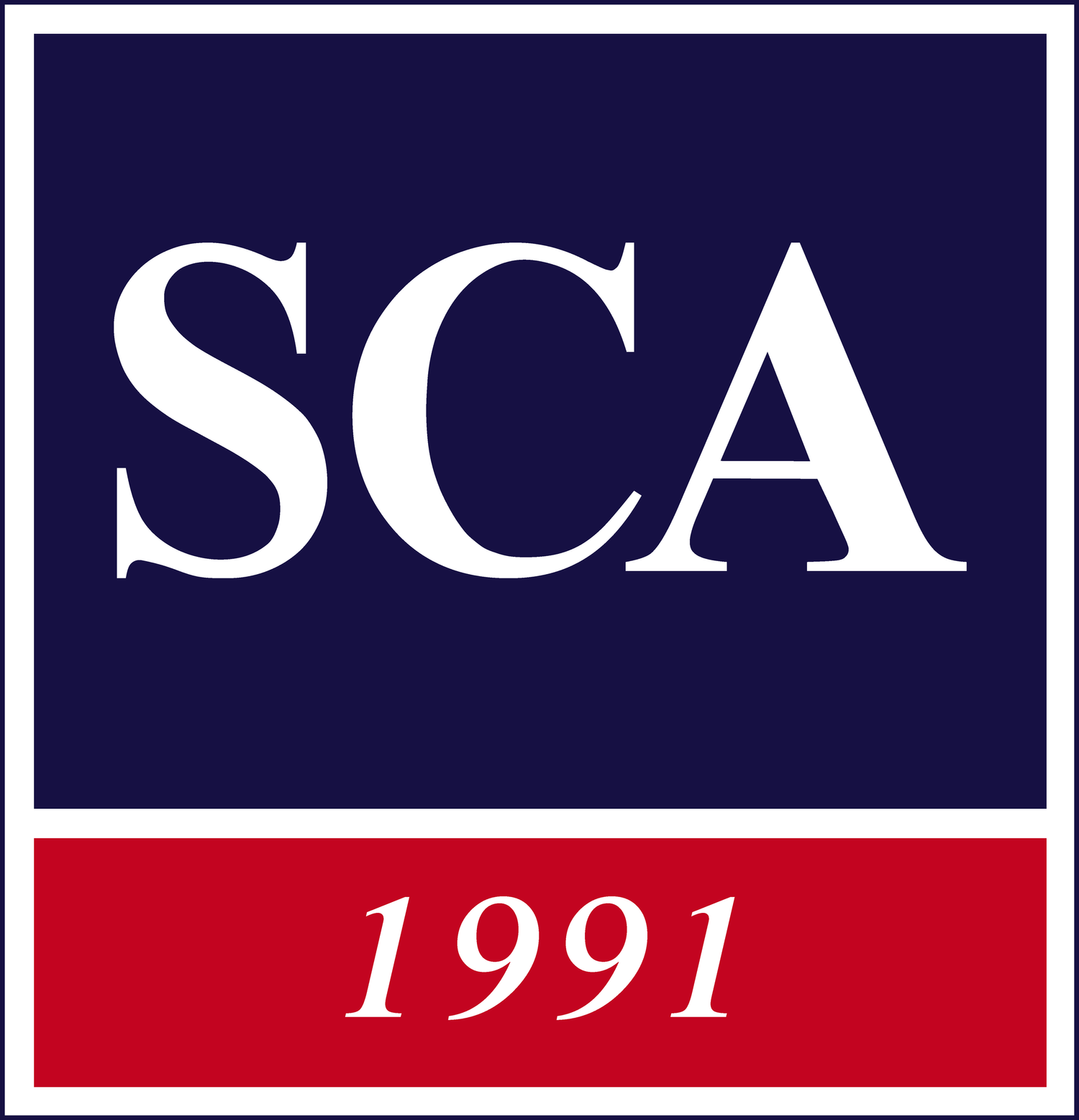Pick Your Poison
by Bill Dolan, CMB, AMP
Yes, this past week has been anything but interesting as the Fed raised interest rates by 50bps, an increase not seen in twenty-three years. Yes, we have seen a dramatic slowdown in residential lending for the past quarter but know this; there has been no slowdown on the part of either the CFPB, OCC or FDIC regulators when it comes to compliance scrutiny and the recent civil penalties assessed on both the national as well as local levels.
The CFPB ordered the Bank of America to review and reform its systems, policies, and procedures as well as to refund and cancel imposed fees from unlawful garnishments to borrowers, imposing a $10MM civil penalty.
Another civil penalty by the CFPB was imposed on Wells Fargo in the amount of $250MM for existing issues and problems surrounding mortgage servicing.
The OCC assessed a $4MM civil penalty against a financial institution for violations surrounding the Fair Housing Act. $410K was refunded to their borrowers and $3.6MM was paid to the CFPB.
And finally, a Massachusetts institution recently paid a civil monetary penalty assessed by the FDIC to the U.S. Treasury stemming from violations associated with HMDA.
Is your institution scheduled for either an upcoming Safety & Soundness examination or a Fair Lending Review, now is the time you should be preparing to ensure that your bank or credit union is positioned to obtain at minimum, a “satisfactory” rating by the regulators. If not, ask yourself the following:
Is your management team ready to explain any overt evidence of disparate treatment on a prohibited basis?
Can your managers explain all instances of apparent disparate treatment (e.g., overlaps) in the form of potential discriminatory steering, redlining, or marketing policies or practices?
Are they ready to address any instances where a denied prohibited basis applicant was not afforded the same level of assistance or the same level of discretion as an approved control group applicant who was no better qualified, with regard, to the reason for denial?
Do you know of any instances where a prohibited basis applicant received less favorable treatment by your institution than was customary from the institution or was required within your institution’s policy?
Were there any statistically significant average differences in either the frequency or amount of pricing disparities between control group and prohibited basis group applicants?
And finally, is there any evidence of neutral policies, procedures, or practices you are aware of that appear to have a disparate impact or effect on a prohibited basis?
If the above questions are raising uncertainty or concern for you, of if you feel your institution is unable to address these issues typically raised by the examiners, SCA can work with your compliance and lending teams to ensure that these and other exam points are addressed prior to your on-site review. So what are you waiting for?
The Fair Lending Review offered by SCA will evaluate, analyze, and address your institution’s compliance with the anti-discriminatory provisions of the Equal Credit Opportunity Act (ECOA) as well as the Federal Housing Act (FHA) in accordance with the examiners Interagency Fair Lending Examination procedures.
Don’t wait!!!! Reach out for a free consultation to Bill Dolan, Director along with our Compliance team at (617) 694-2617 or visit SCA’s website to view these and other mortgage banking services we can provide at www.scapartnering.com. Put SCA to work for you today!
In other news, Intercontinental Exchange (ICE traded on the NYSE) who acquired Ellie Mae Encompass platform, a cloud-based LOS system2020, who also took a majority stake in MERS in 2016 and then bought outright in 2018 has acquired Black Knight, a company that provides software, data, and analytics to the real estate and housing finance markets to support its mortgage servicing business as it bets on a windfall from the automation of the home financing process. ICE is purchasing Black Knight to the tune of $13.1 billion. Ice’s cash-and-stock offer of $85 per share is a premium of nearly 34% to Black Knight’s close on Tuesday. The deal’s enterprise value is about $16 billion and the companies have stated that they expect to close the transaction in the first half of 2023’.


